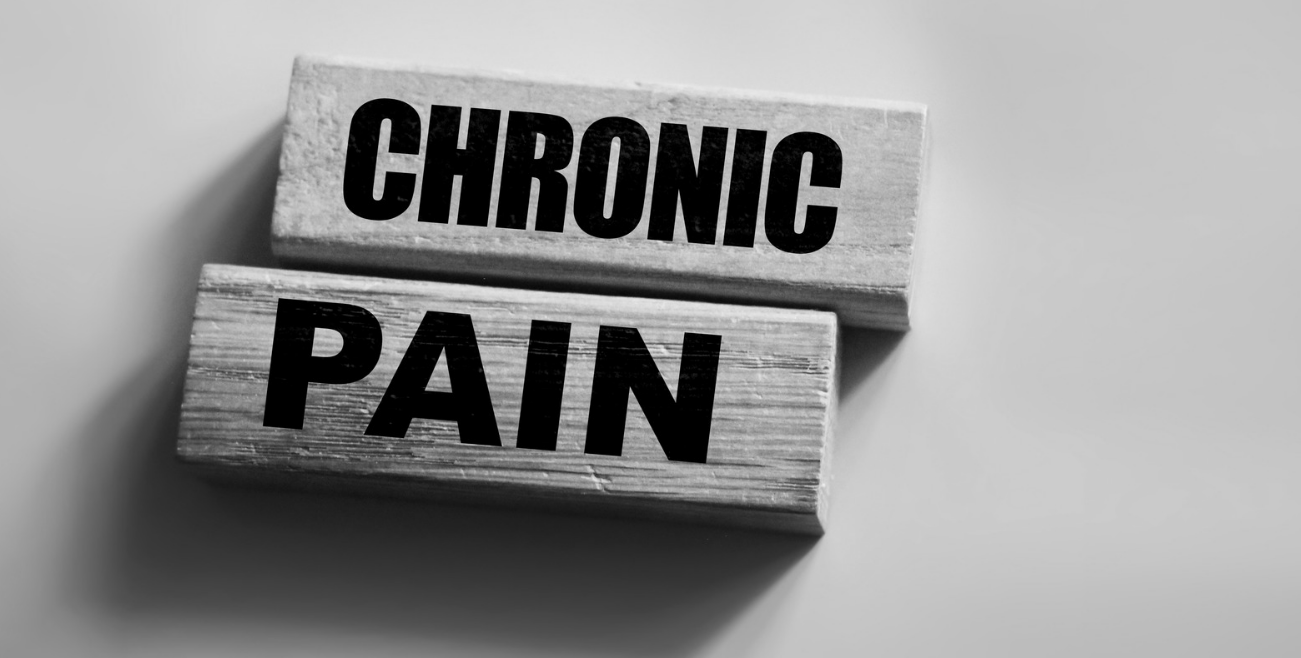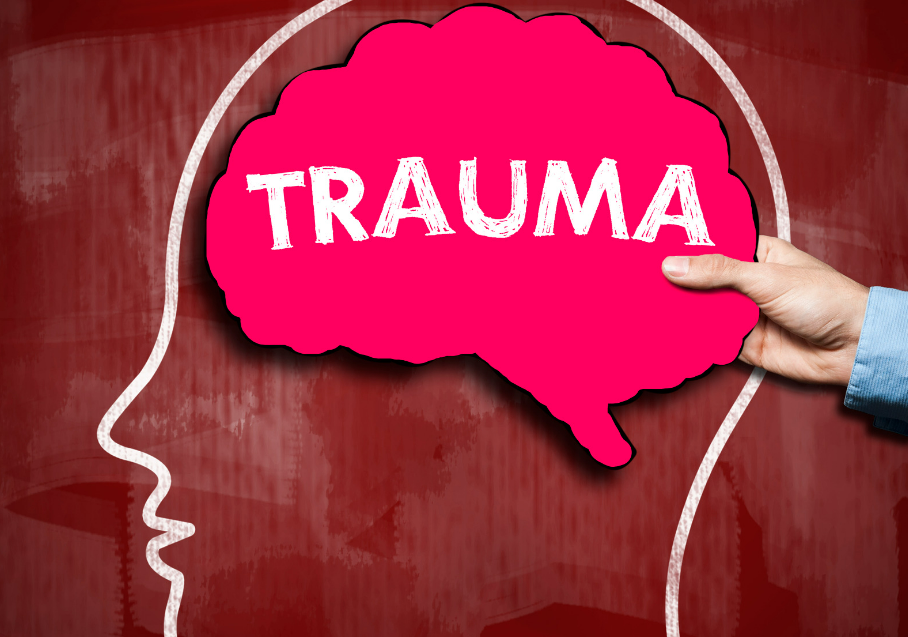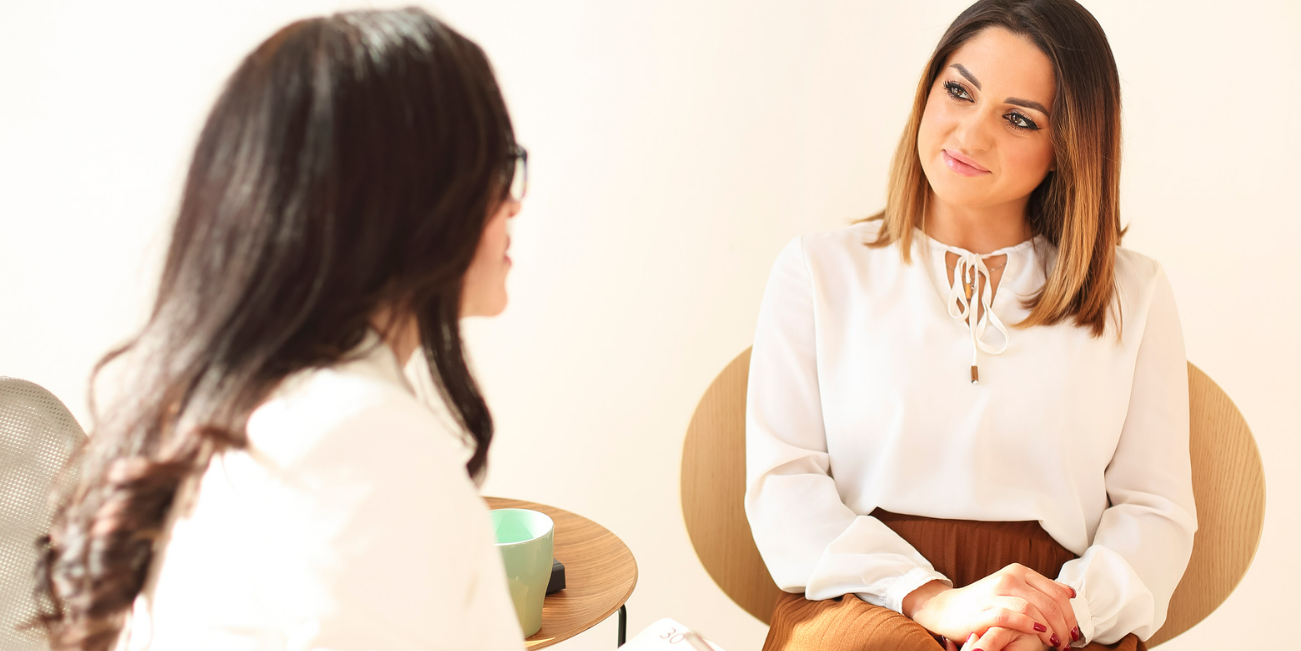Interview with Ellen Argo
In this episode, we will uncover 3 keys:
- The Transformative Power of Trauma
- Navigating Stigmas Surrounding Chronic Pain
- Coaching Beyond Adversity

A Podcast Transcription
Episode 33: Lasting relief for chronic pain sufferers in 30 mins or less: Rossiter expert~Ellen Argo
Intro
Odiva Vasell: (00:00)
Welcome, welcome, my fabulous Fempreneurs! Today, I am here with Ellen Argo, and she has a fascinating story of how she works in the field of natural pain relief. This is a topic which you’re going to want to sit down, take some notes, and call a friend over to come and listen. So, welcome, welcome, Ellen.
Ellen Argo: (00:239)
Hi, thank you for having me. I’m so excited to be here.
Odiva Vasell: (00:32)
And I just want to know, how did you get started in this industry? Natural pain relief, how did you do that?
The Transformative Power of Trauma

Ellen Argo: (00:41)
Yeah, so my dad was thrown from a motorcycle. It was a bad one. Right after, he had also had a car fall on him, so two weeks before that. So he had a lot of trauma happen to his body, really close to each other. And so in that process, I was a wildland firefighter. So I think my dad was highly motivated to get me out of harm’s way. I guess it was super fun and exhilarating, but he was not a fan, and he knew that I wanted to help people. I’d wanted to be a physical therapist for a long time, and this was the thing that helped him immediately. So he went a year and a half of Chiropractic acupuncture massage. He was on so many painkillers that he literally fell asleep in his soup. And he thought it was hilarious, but his wife did not when he had a ring around his face because he literally had so many painkillers. And then he also had steroids, because even though he had that many painkillers, he was in excruciating pain. And with that, he was doing three times a week PT, Acupuncture traction every day. And his Acupuncturist, after six months of three times a week, said, “Hey, you’re not getting better.” And my dad was thinking about booking a neck surgery, fusing his spine, and his Acupuncturist was like, “Wait, try one more thing.” And my dad was highly motivated. He was doing all those things right, he didn’t want surgery. And he’s like, “Okay, I’ll try one more thing.” And in his first Rossiter appointment, he could turn his head just a little bit and he had relief. He was able to sleep at night. After his fourth, he was able to rotate quite a bit more. And after the twelfth, he had his full range of motion and was off all of his pain medications. And that is truly when he started really dripping the information of Rossiter through text messages. He gave me a phone call, and I was like, “What is this rotisserie chicken stuff?” I didn’t take anything, really. And then when I was a wildland firefighter, my body was really tight, and we were on vacation and we were both up, and he was like, “Here.” And he plops his computer in my lap with all of the Rossiter stuff loaded on the computer. And he’s like, “You should read this and let me know, because if you are interested, I’ll fly you out, and I’ll pay for your first course.” And that’s exactly what happened. And after that very first class, I felt like I didn’t know anything. I had always been completely fascinated by the human body and fascinated in how can we stay at our optimum health? However, I had never really done too much training besides a 200 hours yoga cert when I was like 20 years old. And so I was kind of starting from scratch. And after my first level one course, I came back. I flew back to Idaho, where I was the only Rossiter. I was in my own little Rossiter island. And I had one of my friends whose mom is 65, and she’s had migraines since she started her cycle as a girl. And those migraines were every single day. And three weeks after, she was like my first or second person that I was just practicing on, and she called me three weeks after her only session, her first session, and she was like, “Ellen, I just have to tell you, I haven’t had any migraines since you worked on me.” And at that point, I was like, “I think I have to keep studying this. I think there’s something to this.” Not only in that time was she the one telling me these amazing things, but also I had had all of these other clients from the gym that I watched them and their tension, and I just let them know, “Hey, if you have any pain, I’m giving away free sessions as I practice.” And the amount of change that happened so quickly was just phenomenal.
Odiva Vasell: (04:49)
That is fantastic. And your dad just sensed that this would be something that you would be interested in. How did he know?
Ellen Argo: (04:58)
I think it was just that. Well, he did tell me that his coach, his Rossiter coach, who also actually ended up being my instructor for Rossiter level one and level two (there’s four levels, and then there’s master series), she’s one of my close friends, and she has a very similar personality. So I think that really kind of sparked it in his mind. But he also knew that he knew that I wanted to help people first and foremost in my job. I didn’t want to have to wear shoes, and I didn’t want to be behind a desk, so I wanted to be a PT. And that was very close to it. So we had all of those pieces close, and he found my destiny. I am so grateful.
Odiva Vasell: (05:44)
That is wonderful. And you also work with RSD. Explain to us what is RSD.
Navigating Stigmas Surrounding Chronic Pain

Ellen Argo: (05:52)
Yes. Rejection Sensitivity Dysphoria. So in my growing of the business because we help people out of chronic pain so quickly. We got so much traction, and everyone wanted all of their people and their friends to come to us for Rossiter. So I had to start training other Rossiters to work with me. And in that, as an ADHD entrepreneur, I got to experience the gamut of emotions of managing people and trying to help them grow as a person and how much rejection that I felt in that and also trying to grow a business and trying to get out there so that more people can find that pain relief. I then started to talk to other entrepreneurs, join entrepreneur groups and recognize that rejection sensitivity is the biggest thing that holds us back from our true potential. And one of the biggest things that you can do to overcome Rejection Sensitivity Dysphoria is to identify what your values are, who am I as a person? And it will help you identify what you are not. It helps you say no to specific things. But one of my favorite ways of thinking about it is defining. So people will say things, and when we don’t believe the things that they say and we can go back to who we know that we are, it’s really easy for us to learn something from it but not take it and make us believe that we are a terrible person. And one of the ways that I think is universally understandable is when somebody comes up to me and they’re like, “Who do you think you are having green hair? You offend me with your green hair.” Like all these terrible things, right? And when I can go back and be like, “Well, that’s interesting. If I know that I have purple hair, all the things that they say about green hair, they’re not going to mean anything to me. I might be like, ‘Wow, are you colorblind? This is not me at all.'” And then you can go back and you could be like, “Well, that’s interesting. But I know that I am purple hair. I am love. I am the essence of love. And I show up in empowering other people.”
Odiva Vasell: (08:20)
“I am loved and I empower others.” This is a beautiful thing because I see what you’ve done here. You have allowed you first, you started working in natural pain relief, and you allow people to separate themselves from the pain or that condition that is not who you are. And then when they started to relieve some of the stress or the things that were firing in their brain and their neurons, it kind of separated them from the pain. And then you became an entrepreneur and living with the RSD.. dysphoria, Rejection Sensitivity Dysphoria when people would say something, you could take it personally, but you then learned how to separate yourself from those comments. “No, I have purple hair. I am love.” So that is a brilliant thing. I think everyone listening can learn and apply separating yourself from other people’s opinions and emotional and physical pain. Beautiful. Anything else you want to add?
Coaching Beyond Adversity

Ellen Argo: (09:48)
Well, I think it’s really important for us to recognize why we aren’t showing up in the things that we want to do. What are the things that will help you create the world that you want to create? And I realize that a big part of my why is to help people reimagine what’s possible for them. Not just go with the belief that I’m going to be in pain when I’m older. I’m going to have to not do the things that when I’m older. And I’m not believing the fact that people are going to judge me. And I’m going to be really embarrassed if I do this big thing because every time we do something for the first time, it’s going to be terrifying. So recognizing those things that are like you’re driving down the road with an emergency brake, recognize those emergency break moments, pause and question them, and then decide, is this even true? And also recognizing that the most embarrassed that you can be is in this moment right now when your brain is justifying and validating all of the times in the past that you have embarrassed yourself. But when you go out there and you go do the thing, you do the podcast, you launch the course, and you show up. You learn in that moment. And nobody’s judging you. If they are judging you, they’re not meant to be your client. Just show up and be love. Remember your values. Remember who you are. And that’s where the impact that we can create in the world lies. And I might be slightly biased, but every single ADHD entrepreneur that I know has a heart of gold. And we are super sensitive because we love so much, and we just want the world to be a better place. And if more people that wanted the world to be a better place just stopped being afraid of the possibilities that could happen, that literally can only happen if you stay hidden. When we know that we are going to create beauty, then more beauty will happen.
Odiva Vasell: (12:08)
Standing ovation! That is beautiful, and I have nothing to add to that. That is perfection and just amazingness. In absolutely everything you said that was so heartfelt and is so needed for us. Everyone ADHD, everyone needed to hear that message. Being who you are, we have so much to offer. Thank you so much for joining me today, Ellen. I am so glad we made this happen. Thank you so much.
Ellen Argo: (12:45)
Thank you. This is marvelous.
Conclusion
In wrapping things up, we’ve learned that hard times can be a source of inner strength, helping us overcome challenges. The podcast shed light on dealing with judgments around chronic pain, teaching us how to take charge and reshape our stories. It also highlighted how personal struggles can inspire strength, especially for others. As we conclude this journey, let’s keep in mind the importance of staying resilient, redefining hope, and finding courage in our own stories. May these insights encourage everyone to face difficulties with bravery and forge their own paths to success.